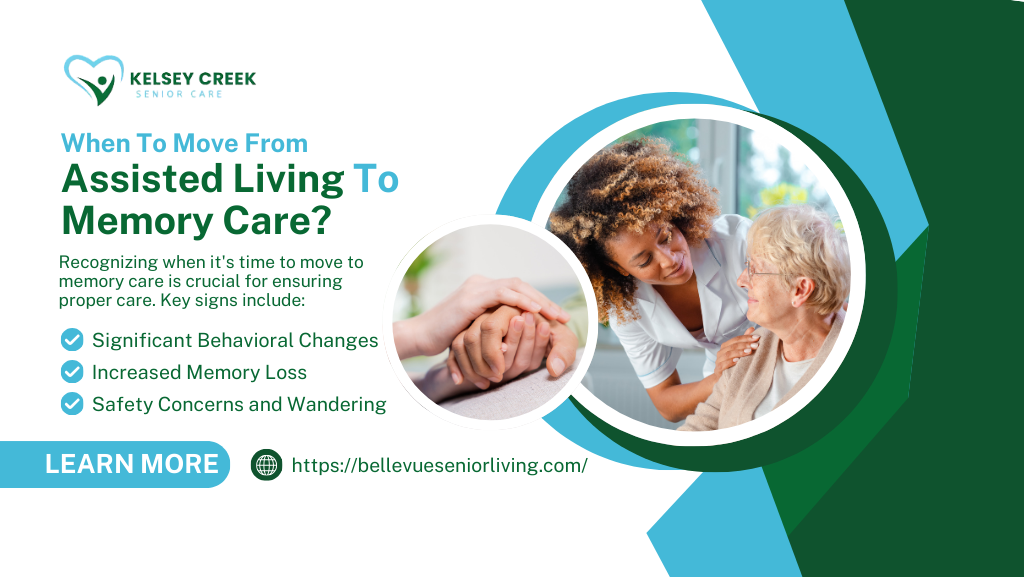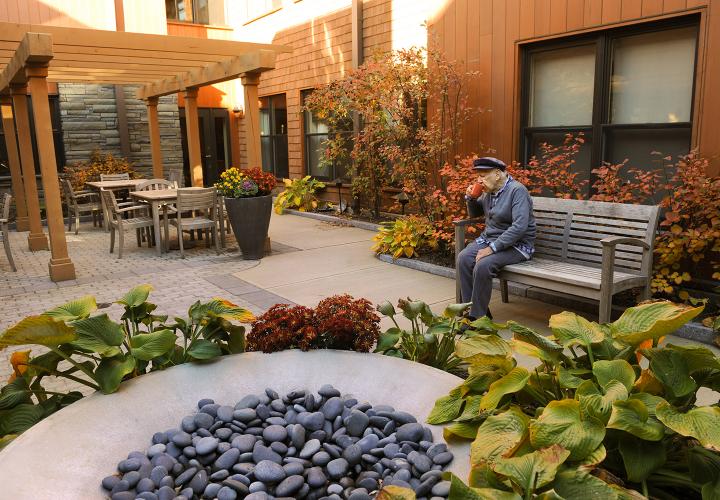Specialized Memory Care Services With Alzheimers Care Charlotte Facilities
Specialized Memory Care Services With Alzheimers Care Charlotte Facilities
Blog Article
Producing a Safe and Supportive Environment for Alzheimer's Treatment
The development of a encouraging and safe environment for individuals with Alzheimer's is extremely important in enhancing their top quality of life. This involves not just physical adjustments within the home, such as decreasing risks and incorporating acquainted elements, yet likewise the execution of structured routines and purposeful activities that provide to their cognitive needs. Comprehending the emotional and emotional dimensions of treatment can significantly affect their feeling of protection and connection. Exploring these complex strategies can reveal vital understandings right into efficient caregiving techniques that may change the day-to-day experiences of both caretakers and people.
Understanding Alzheimer's Demands
Often, people with Alzheimer's illness display a series of demands that require customized techniques to care. As the problem advances, cognitive decline materializes in various ways, impacting memory, reasoning, and also the capacity to perform daily activities. Caretakers have to identify these progressing demands to offer appropriate support and make certain a greater high quality of life for those affected.
One critical facet of recognizing Alzheimer's requirements is acknowledging the importance of regular and experience. People typically discover convenience in well-known patterns, which can reduce anxiousness and confusion. Caregivers must strive to develop structured daily timetables that incorporate purposeful activities straightened with the person's interests and capabilities.
Furthermore, efficient interaction is vital. Individuals with Alzheimer's might struggle to reveal themselves or comprehend complex language. Caretakers ought to use easy, clear language, usage non-verbal cues, and technique active paying attention to foster understanding and connection.
Last but not least, social and emotional demands can not be neglected. Giving chances for social communication and keeping relationships can significantly boost emotional wellness. Caretakers should motivate engagement in neighborhood tasks or family members gatherings, advertising a feeling of belonging and purpose. Recognizing these diverse requirements is important for developing an encouraging care environment.
Creating a Safe Home
Producing a safe home for people with Alzheimer's illness is necessary to promoting and minimizing threats self-reliance. Ensure that paths are clear and well-lit, as correct illumination reduces disorientation and boosts movement.
Including adaptive attributes is likewise essential. Mount grab bars in restrooms and near staircases, and think about making use of non-slip mats in damp locations. In addition, utilizing different shades for wall surfaces and floors can help in differentiating rooms, assisting to mitigate confusion.
Knowledge is essential for people with Alzheimer's. Personalizing the setting with familiar items and pictures can reinforce a feeling of belonging and security - Alzheimers Care Charlotte. It is likewise beneficial to have a marked location for daily activities, such as analysis or crafting, which can provide structure to their day
Last but not least, implementing a protected exterior room permits risk-free expedition while attaching with nature. By thoughtfully developing the home atmosphere, caregivers can substantially improve the quality of life for individuals living with Alzheimer's illness.
Enhancing Communication Skills

Non-verbal communication, consisting of face expressions, motions, and touch, plays a critical duty in communicating empathy and understanding. Maintaining eye contact and a calm disposition can enhance the convenience level of the individual, advertising a sense of safety.
Moreover, go now it is essential to exercise active listening. This entails being totally existing, showing perseverance, and enabling the person to share themselves without disruption. Repetition might be needed; caregivers must be prepared to review subjects or concerns, as individuals with Alzheimer's may have problem with memory recall.
Furthermore, using visual help or hints, such as pictures or familiar things, can assist in acknowledgment and interaction. Ultimately, improving interaction skills has to do with building depend on and producing an environment where individuals really feel heard, valued, and comprehended, thereby enhancing their quality of life.
Motivating Social Communication
Fostering significant social communications can considerably boost the health of individuals with Alzheimer's illness. Involving with others not just helps battle feelings of isolation yet additionally stimulates cognitive function and psychological wellness. Structured social activities, such as team crafts, arts and video games, or music treatment, develop opportunities for locals to link with peers and caretakers, which can bring about improved mood and minimized anxiousness.
Creating an inviting environment that motivates socializing is vital. This can be accomplished by preparing public rooms that facilitate interaction, such as comfy seating areas or task rooms. Additionally, incorporating familiar and culturally pertinent activities can spark memories and encourage participation, enabling individuals with Alzheimer's to feel more linked to their previous experiences.
In addition, caregivers should be educated to acknowledge and promote social involvement among residents. By focusing on social interaction, we can significantly improve the lives of those living with Alzheimer's, promoting a feeling of area and belonging.
Supporting Caretaker Well-being

To support caregivers, companies need to offer regular training and academic resources to boost their understanding of Alzheimer's disease and caregiving methods. Supplying accessibility to reprieve treatment services enables caretakers to take needed breaks, reducing tension and tiredness - Alzheimers Care Charlotte. In addition, promoting a community through support system can help with emotional sharing and the exchange of useful recommendations amongst caretakers, producing a network of shared assistance
Psychological health resources, such as counseling services, can also be vital in attending to the psychological toll caregiving can take. By prioritizing caretaker health, we develop a more lasting caregiving setting that not just profits the caregivers themselves however also enhances the overall top quality of treatment obtained by people with Alzheimer's. Inevitably, sustaining caregivers is a crucial part in cultivating a efficient and caring care setup.
Verdict
To conclude, the development of a safe and supportive atmosphere for individuals with Alzheimer's is vital to boosting their lifestyle. By prioritizing safety look at this site through thoughtful layout, promoting emotional health with familiar elements, and advertising involvement through structured regimens, caregivers can considerably impact the overall experience of those impacted by this problem. Furthermore, supporting caretaker health is critical, as it eventually adds to a much more caring and reliable care atmosphere.
Repeating might be necessary; caregivers must be prepared to revisit subjects or inquiries, as people with Alzheimer's may battle with memory recall.

Report this page